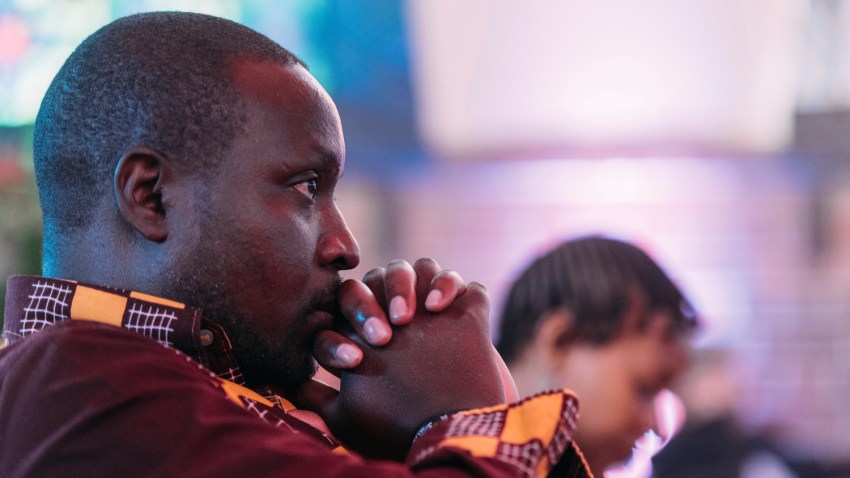Just over a week ago, Forbes published its highly anticipated “30 Under 30” list for the African continent. As the publication’s editors put it, this list showcases the “best and brightest” young “trailblazers” in Africa working on everything from medicine to fashion.
The annual publication of “Africa 30 Under 30” is just one part of Forbes’ larger effort to highlight and encourage entrepreneurship in Africa. It comes shortly after the company’s first ever Under 30 Summit in Botswana in April, which brought together the world’s “most elite young entrepreneurs” to hear from and network with leaders in government and business. Its goal was to “harness the power of entrepreneurial capitalism [on] the continent whose growth will help define the 21st century.”
And by no means is Forbes the only actor fiercely focused on “harness[ing] the power of entrepreneurial capitalism” in Africa. Policymakers and business leaders across the world frequently promote youth entrepreneurship as the solution to the shortage of jobs in Africa. It is even a core component of the African Development Bank Group’s nine-year “Jobs for Young People Strategy,” which was launched in 2016 to create 25 million jobs for young Africans and equip 50 million with the skills needed for employment and, especially, for entrepreneurship. That strategy was accompanied by the establishment of a new fund for “youth entrepreneurship and innovation,” which has been used to finance initiatives like the bank’s Youth Innovation Lab. And in 2017 alone, more than 490,000 aspiring young entrepreneurs—including many women—received entrepreneurship training paid for by this fund.

